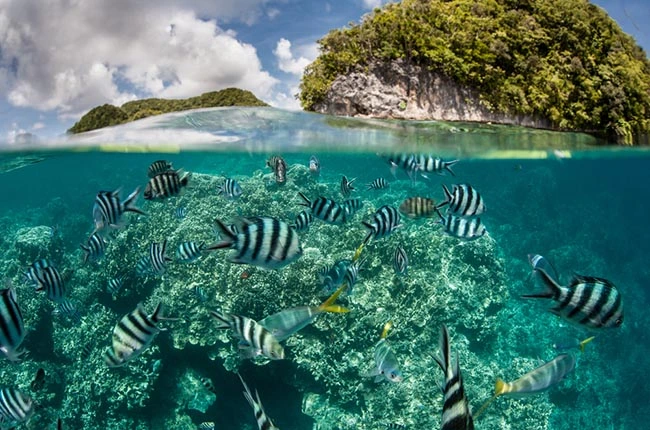
Oceanography Degree: Exploring the Depths of the Ocean and Your Career
What is an Oceanography Degree?
Oceanography is the scientific study of the ocean, including its physical, chemical, biological, and geological aspects. An Oceanography degree equips students with the knowledge and skills to understand marine ecosystems, ocean currents, climate change, and the impact of human activities on marine environments. This interdisciplinary field involves elements of physics, chemistry, biology, and geology, making it a diverse and exciting area of study.
What Can You Do with an Oceanography Degree?
A degree in Oceanography opens the door to various career paths in research, conservation, and industry. Here are some potential career options:
-
Marine Biologist – Study marine organisms, their behaviors, and their interactions with the environment.
-
Climate Scientist – Analyze oceanic and atmospheric data to understand climate patterns and global warming.
-
Ocean Engineer – Design and develop underwater equipment and structures.
-
Fisheries Scientist – Work on sustainable fishing practices and marine resource management.
-
Environmental Consultant – Advise businesses and government agencies on marine conservation and environmental policies.
-
Hydrographer – Map underwater landscapes for navigation, construction, or research purposes.
-
Academia and Research – Work at universities or research institutions studying ocean dynamics, marine life, or ocean chemistry.
-
Government and NGOs – Work in organizations like the National Oceanic and Atmospheric Administration (NOAA) or the Indian National Centre for Ocean Information Services (INCOIS) focusing on marine protection and policy-making.
What Should You Study to Pursue an Oceanography Degree?
To pursue a degree in Oceanography, students should focus on subjects that provide a strong foundation in science and mathematics. Recommended subjects include:
-
Physics – Understanding wave dynamics, fluid mechanics, and thermodynamics.
-
Chemistry – Studying the chemical composition of seawater and oceanic processes.
-
Biology – Learning about marine organisms and ecosystems.
-
Mathematics – Using calculus and statistics to analyze oceanic data.
-
Geology – Exploring seafloor structures and marine geology.
In India, institutions like the National Institute of Oceanography (NIO) and the Indian Institute of Technology (IIT) offer courses in ocean sciences. Globally, universities such as the University of California, Scripps Institution of Oceanography, and the University of Southampton are renowned for their programs in Oceanography.
Famous People Who Studied Oceanography
Several renowned scientists and explorers have made significant contributions to Oceanography. Some notable figures include:
-
Sylvia Earle – A marine biologist and oceanographer, she is known for her deep-sea exploration and conservation efforts.
-
Jacques Cousteau – Though not formally an oceanographer, he pioneered marine exploration and co-developed the Aqua-Lung.
-
Walter Munk – A geophysicist and oceanographer known for his studies on ocean waves and climate change.
-
Robert Ballard – The oceanographer who discovered the wreck of the Titanic.
Conclusion
An Oceanography degree offers an exciting opportunity to explore and protect the world’s oceans. With career options ranging from scientific research to environmental advocacy, it is a field that combines adventure with impactful work. If you are passionate about the marine world and want to contribute to its study and conservation, pursuing an Oceanography degree could be the perfect choice for you!